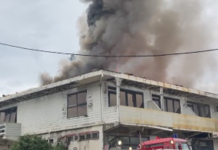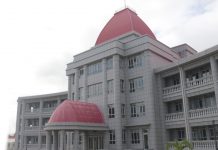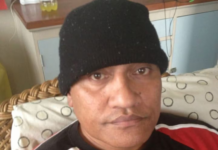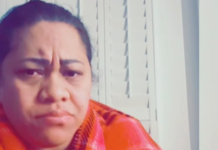Senior State Department officials have drafted plans to close at least a dozen U.S. consulates overseas by this summer, with further shutdowns under consideration, according to American officials.
The move could weaken Washington’s diplomatic reach and intelligence-gathering capabilities at a time of growing global competition.
Despite fears that Pacific Island nations might be affected, Tonga and other key regional partners have been spared, at least for now. The decision comes amid mixed signals from the U.S. government, which has sought to strengthen ties with the Pacific while also scaling back its global diplomatic footprint.
A post on The Pacific Room’s Facebook account mentions rumours about the possible closure of the US Embassy, presumably referring to the office in the kingdom.
The US Embassy in Tonga could not be reached for comment.
The New York Times reported that the closures will result in significant layoffs among locally employed staff, who make up roughly two-thirds of the State Department’s overseas workforce.
In 2022, the United States opened its new embassy in Tonga, fulfilling a key diplomatic pledge.
During a Pacific Islands Forum address in July that year, former Vice President Kamala Harris acknowledged past neglect, stating, “We recognise that in recent years the Pacific Islands may not have received the diplomatic attention and support that you deserve. So I am here to tell you directly: We are going to change that.”
Yet as consulates shutter elsewhere, questions remain over whether the U.S. can sustain its engagement in the Pacific amid broader diplomatic cuts.
The downsizing aligns with former President Donald Trump’s broader push to shrink the federal government and his “America First” foreign policy, which has seen the U.S. retreat from traditional diplomatic engagements, including democracy promotion, human rights advocacy, and foreign aid.
The consulate closures follow growing frustration among Pacific Island leaders over U.S. trade policies.
Fiji’s Finance Minister has criticised the Trump administration’s 32% tariff on Fijian goods—the highest in the Pacific—calling it unfair. Meanwhile, a Tokelau government spokesperson expressed confusion over how the region could be seen as a threat to the U.S. economy.
President Trump had previously accused Fiji of imposing a 63% tariff on American goods, citing alleged currency manipulation and trade barriers—a claim strongly disputed by Fijian officials.
For now, Tonga and its neighbours remain on the safe list—but with further closures possible, regional leaders are watching closely.







